The Children’s Authority of Trinidad and Tobago is deeply concerned and saddened by the deaths of three children in recent days and extends condolences to their families and friends.
The Authority notes that the deaths emphasise the need for families and society at large to challenge the traditional norms which influence the way children are cared for and treated. Every child deserves to grow up in a child-friendly society that aids in the development and protection of children, as well as respects and upholds their rights.
The Authority’s data shows that physical abuse is the second highest type of child abuse reported to the organisation, which is often administered by parents and guardians, under the guise of discipline. The Authority, therefore, is calling for an end to corporal punishment.
Parents, guardians, and child-care workers are reminded that corporal punishment is not an effective technique to discipline children. Research shows that the use of corporal punishment can often lead to physical harm, sometimes causing serious damage, long-term disability or death; mental health issues, including behavioural and anxiety disorders, depression, hopelessness, low self-esteem, self-harm and suicide attempts, alcohol and drug dependency, hostility and emotional instability, which may often continue into adulthood.
In fact, physical punishment only seeks to deter undesirable behaviour by instilling fear. It does not teach what is the more appropriate behaviour and can result in children secretly continuing the undesirable behaviour when they do not fear being caught or in some cases, in spite of the physical punishment. Physical punishment also perpetuates norms of using aggression and violence to solve problems.
The Authority will continue to engage its stakeholders and sensitise parents, guardians and caregivers to utilise alternative means of discipline, so as to reduce the incidents of child physical abuse.
The following should be considered, as we rethink and reframe our approach to discipline, for the sake of our children:
• Reinforce boundaries and expectations of behaviour
• Reward good behaviours
• Administer consequences for undesirable actions immediately or close in time to the infraction, and in a manner that is age and developmentally appropriate and proportionate to the infraction
• Discuss with your child the inappropriate behaviour you want to see changed
• Use time-out or take away privileges from children such as games, devices, outdoor events or playing with friends for a short period of time
• Avoid disciplining children when angry as heightened emotions can make matters worse. Instead, walk away, take deep breaths and try talking to your child when you have calmed down about the unacceptable behaviour
• Seek professional help, especially when dealing with children who may be displaying challenging behaviours
For assistance in learning how to treat with challenging behaviours of children, the public is encouraged to contact the National Family Services Division, Ministry of Social Development and Family Services at 623-2608 ext. 6701-6711 or the Authority at 996 or 800-2014.
The public is reminded that Child Protection is Everybody’s Business and the abuse of children is a criminal offence. Therefore, all incidents of abuse should be reported to the Police at 999 or the Authority’s Hotline at 996 or 800-2014.
